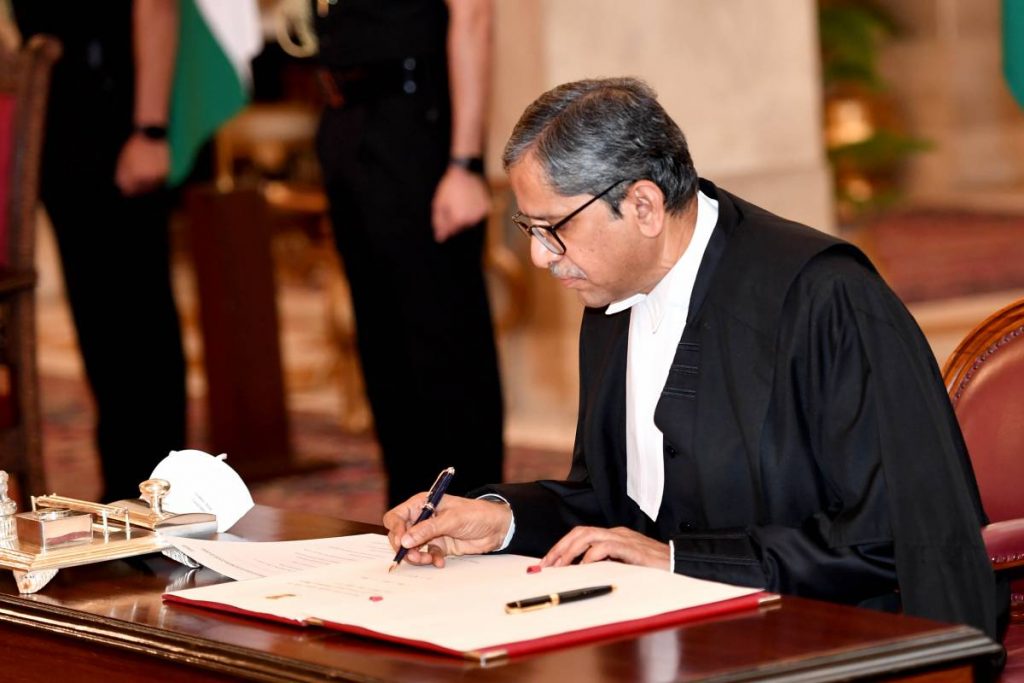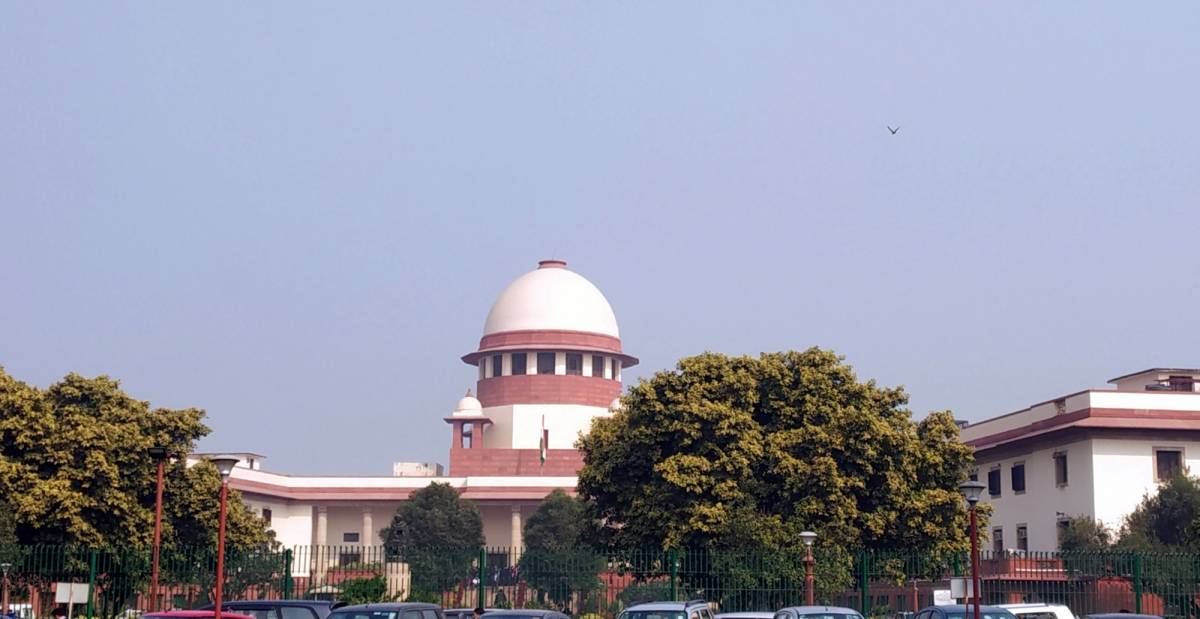A bench of Justices D.Y. Chandrachud and M.R. Shah said: “Writing judgments is an art, though it involves skillful application of law and logic….reports Asian Lite News
The Supreme Court, while setting aside a high court order granting bail to murder accused, on Tuesday held that writing judgments is “an art”, and quality can never be sacrificed for quantity.
A bench of Justices D.Y. Chandrachud and M.R. Shah said: “Writing judgments is an art, though it involves skillful application of law and logic. We are conscious of the fact that the judges may be overburdened with pending cases and the arrears, but at the same time, quality can never be sacrificed for quantity.”
It noted that a judgment should be coherent, systematic, and logically organised, and enable the reader to trace the fact to a logical conclusion on the basis of legal principles. “The judicial opinion is to be written in such a way that it elucidates in a convincing manner and proves the fact that the verdict is righteous and judicious. What the court says, and how it says it, is equally important as what the court decides.”
The bench pointed out that it has across many judgments which lack clarity on facts, reasoning, and the findings. “Many times, it is very difficult to appreciate what the learned judge wants to convey through the judgment and because of that, matters are required to be remanded for fresh consideration,” it noted.
The top court added that the term “judgment” is loosely used as judicial opinion or decision, and added it is pertinent to examine the important elements in a judgment in order to fully understand the art of reading a judgment.

The top court made these observations while delivering a judgment on an appeal filed by UP resident Shakuntala Shukla, a widow of the deceased, against the Allahabad High Court order granting bail to four accused in a murder case.
The bench noted that “unless judgment is not in a precise manner, it would not have a sweeping impact. There are some judgments that eventually get overruled because of lack of clarity”.
It said there must be a clarity on the final relief granted and a party to the litigation must know what actually he or she got by way of final relief. “It is desirable that the judgment should have a clarity, both on facts and law and on submissions, findings, reasonings and the ultimate relief granted,” added the bench.
It said the high court did not consider the seriousness of the offence and the gravity of the accusation against the accused and their antecedents and conduct by giving threats to the witnesses during trial and even thereafter. “The High Court has committed a grave error in releasing the accused on bail pending appeals against the judgment and order of conviction for the offences under Sections 302/149, 201 r/w 120B IPC,” it said.

Leave a Reply